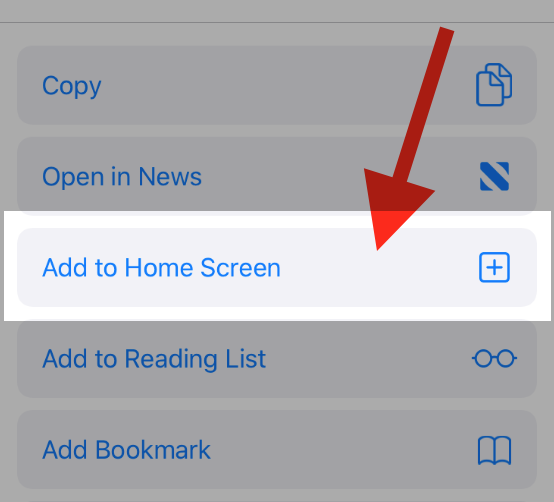
Remote Legal Signing
Remote legal signing, also known as electronic signature, refers to the process of signing legal documents electronically, often through specialized platforms or software. This innovative method enables individuals to sign contracts, agreements, and other legal documents from anywhere, eliminating the need for in-person meetings or physical signatures on paper. Through remote legal signing, parties can execute documents swiftly and securely, streamlining the process of formalizing agreements in the digital age.
One of the primary benefits of remote legal signing is its convenience. Rather than coordinating schedules for face-to-face meetings or relying on postal services for document exchange, parties can sign documents from the comfort of their own homes or offices, at any time and from any location with internet access. This convenience saves valuable time and resources for both individuals and businesses, enabling them to focus on their core activities without the logistical hassles associated with traditional paper-based signing processes.
Another significant advantage of remote legal signing is enhanced security and authenticity. Advanced encryption and authentication mechanisms ensure the integrity of electronic signatures, providing a high level of assurance that signed documents have not been tampered with and that signatories are who they claim to be. With built-in audit trails and digital records, remote legal signing offers greater transparency and accountability compared to traditional paper signatures, reducing the risk of disputes and fraud. Moreover, digital signatures often comply with various legal standards and regulations, further reinforcing their validity and enforceability in legal proceedings.
Heading
To add this web app to your homescreen, click on the "Share" icon
![]()
Then click on "Add to Home"

To add this web app to your homescreen, click on the "Share" icon
![]()
Then click on "Add to Home"

It looks like your browser doesn't natively support "Add To Homescreen", or you have disabled it (or maybe you have already added this web app to your applications?)
In any case, please check your browser options and information, thanks!
It looks like your browser doesn't natively support "Add To Homescreen", or you have disabled it (or maybe you have already added this web app to your applications?)
In any case, please check your browser options and information, thanks!
